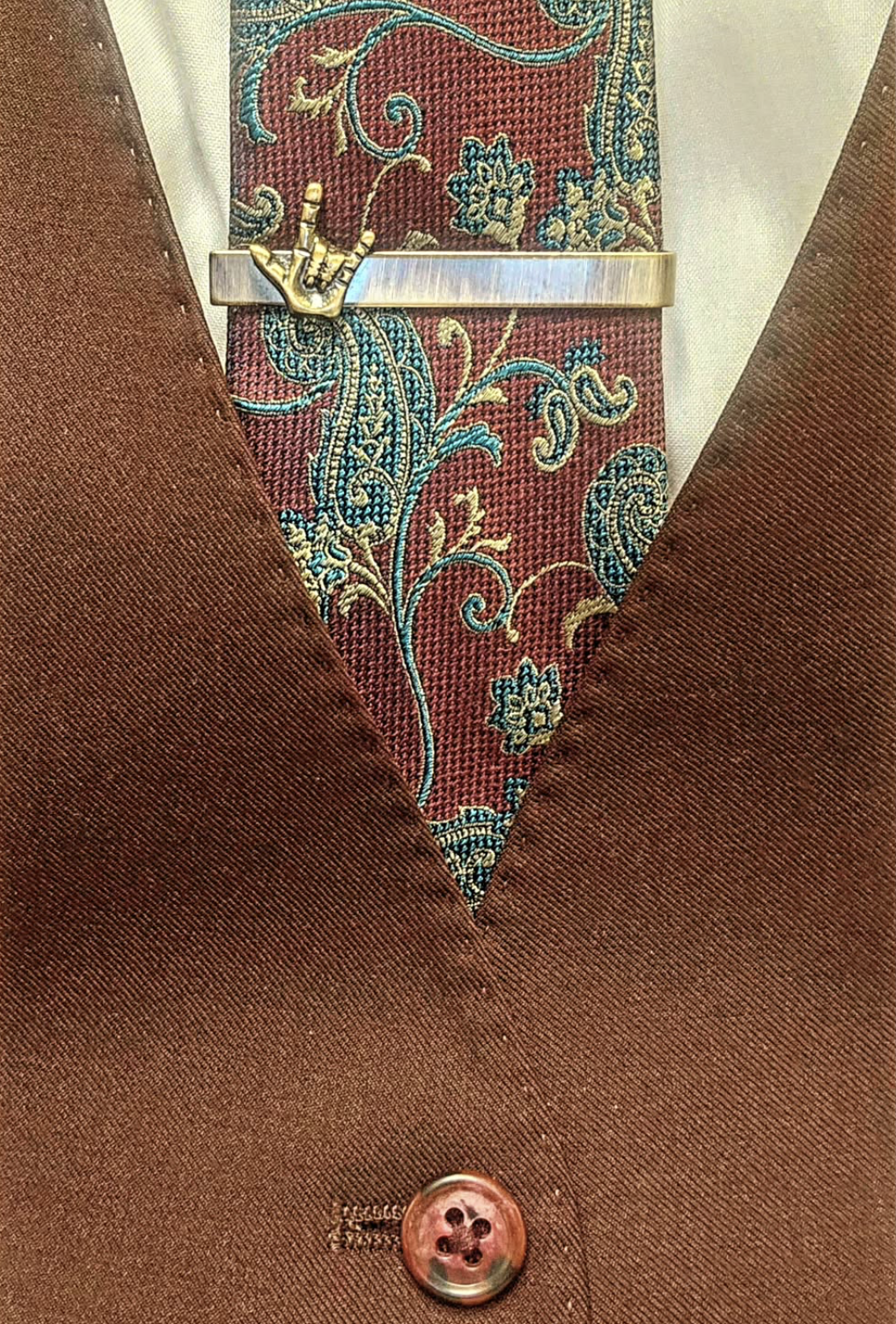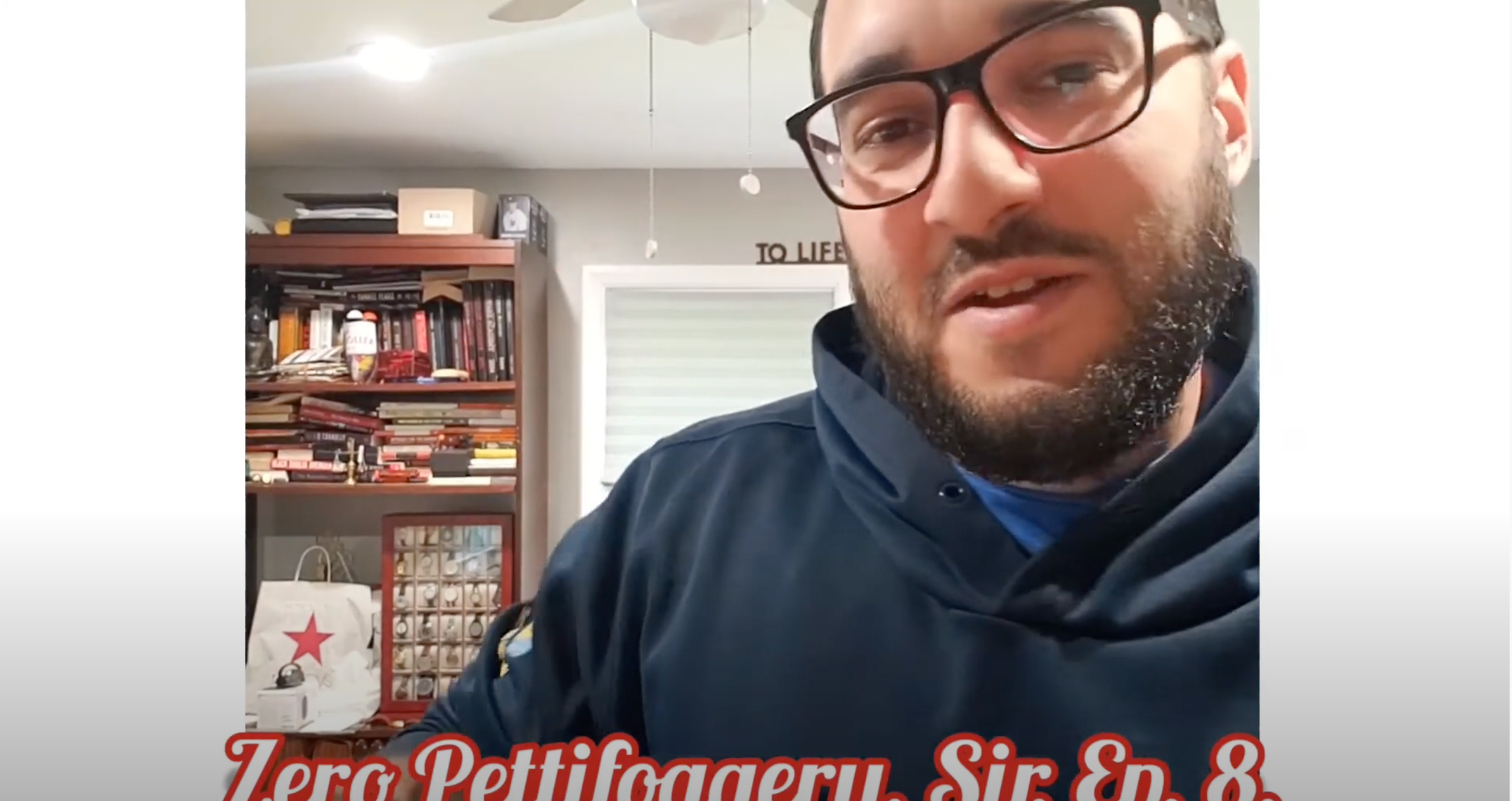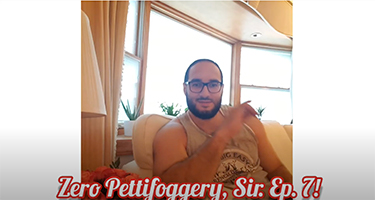deraneyesq — 6 years ago
November 20, 2018 – An Update on BYOB Restaurants
A federal judge has ruled that New Jersey’s law barring restaurants from advertising “bring your own beer” policies is unconstitutional. The state ban on advertising policies that allow patrons to bring their own beer and wine to restaurants, known as BYOB, “places a content-based restriction on speech that fails strict scrutiny because it is not supported by a compelling government interest nor is it the least restrictive means of achieving the government’s stated purpose,” U.S. District Judge Joseph Rodriguez of the District of New Jersey ruled in GJJM Enterprises v. City of Atlantic City.
The state Division of Alcoholic Beverage Control “presented no compelling government interest for banning BYOB advertising, while permitting liquor stores and restaurants with liquor licenses to advertise on-site alcohol sales,” Rodriguez said. An adult entertainment club in Atlantic City, Stiletto, sued to overturn the ban in April 2017, and Rodriguez granted the club’s motion for summary judgment Monday. The judge directed the parties to submit a proposed permanent injunction to reflect the ruling. The challenged law said restaurants and other establishments selling food or beverages, but that also don’t have a liquor license, can allow customers to “bring and consume their own wine or malt alcoholic beverages.” But the statute said those establishments may not “advertise inside or outside of such premises” to announce their BYOB policy. Stiletto contended the fear of prosecution under the ban on BYOB advertising, which is classified as a disorderly persons offense, kept it from notifying clients by radio, television, print or online ads, or by exterior or interior signage, that they may bring their own wine or beer. Stiletto, which has no liquor license, serves nonalcoholic beverages and allows customers to bring beer and wine, but not liquor or mixed drinks. The establishment seeks to include the term “BYOB” on its website, on menus, in print advertising and signage. Stiletto sued Atlantic City and and its police department in addition to the state ABC and attorney general. The municipal defendants were dismissed in 2017.
Stiletto was represented by Daniel Silver of Silver & Silver in New Britain, Connecticut; Jennifer Kinsley of Kinsley Law Office in Cincinnati; and Stephen Holtzman of Holtzman & McClain in Linwood. Silver called the decision “very reasonable,” adding, “quite frankly, we expected it. I think the law was very clear in this area.” Silver said Rodriguez’s ruling was made stronger because it analyzed the New Jersey BYOB regulation under both the strict scrutiny standard from Reed v. Town of Gilbert, Arizona, a 2015 U.S. Supreme Court ruling, and the commercial speech standard from a 1996 Supreme Court ruling, 44 Liquormart v. Rhode Island. As in Reed, where the court overturned a town law setting different rules for commercial signs and those carrying political messages, the BYOB advertising ban draws distinctions based on the message the speaker conveys, making it presumptively unconstitutional and subject to strict scrutiny, Rodriguez said.
And like 44 Liquormart, which concerned a ban on ads disclosing the price of alcoholic beverages, the BYOB advertising ban “fail[s] to leave open ‘satisfactory’ alternative channels of communication,” instead providing “a complete ban on truthful, non-misleading commercial speech about a lawful product,” Rodriguez said. The state argued that it has a strong interest in protecting the health, safety and welfare of the people of the state through the promotion of temperance, Rodriquez said. However, the Supreme Court held in 44 Liquormart that with respect to the advertisement of alcoholic beverages, “that banning speech is different from and more intrusive than banning conduct,” Rodriguez said. The state defendants were represented by Deputy Attorney General Valentina DiPippo. The Attorney General’s Office declined to comment on the case.






